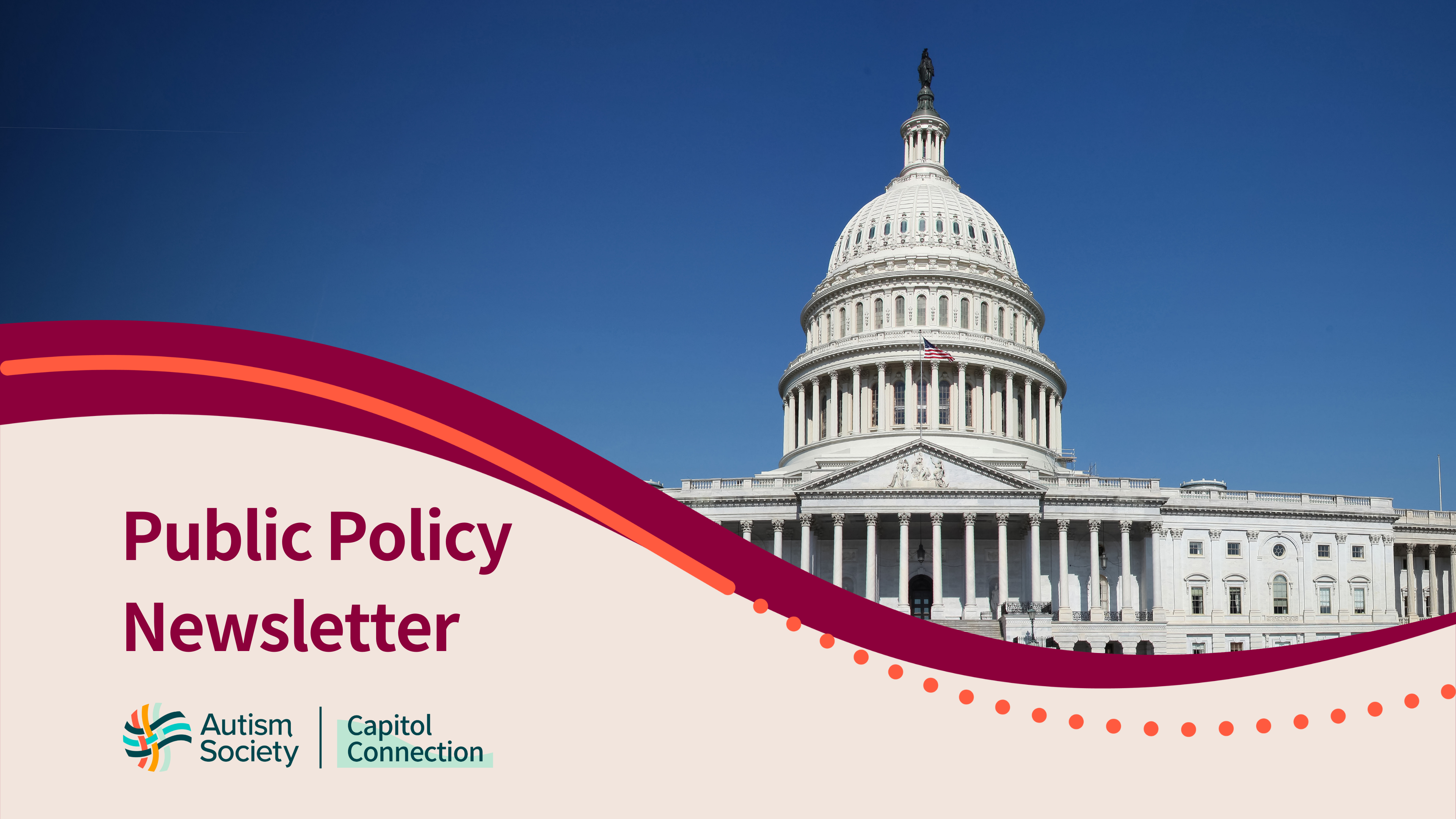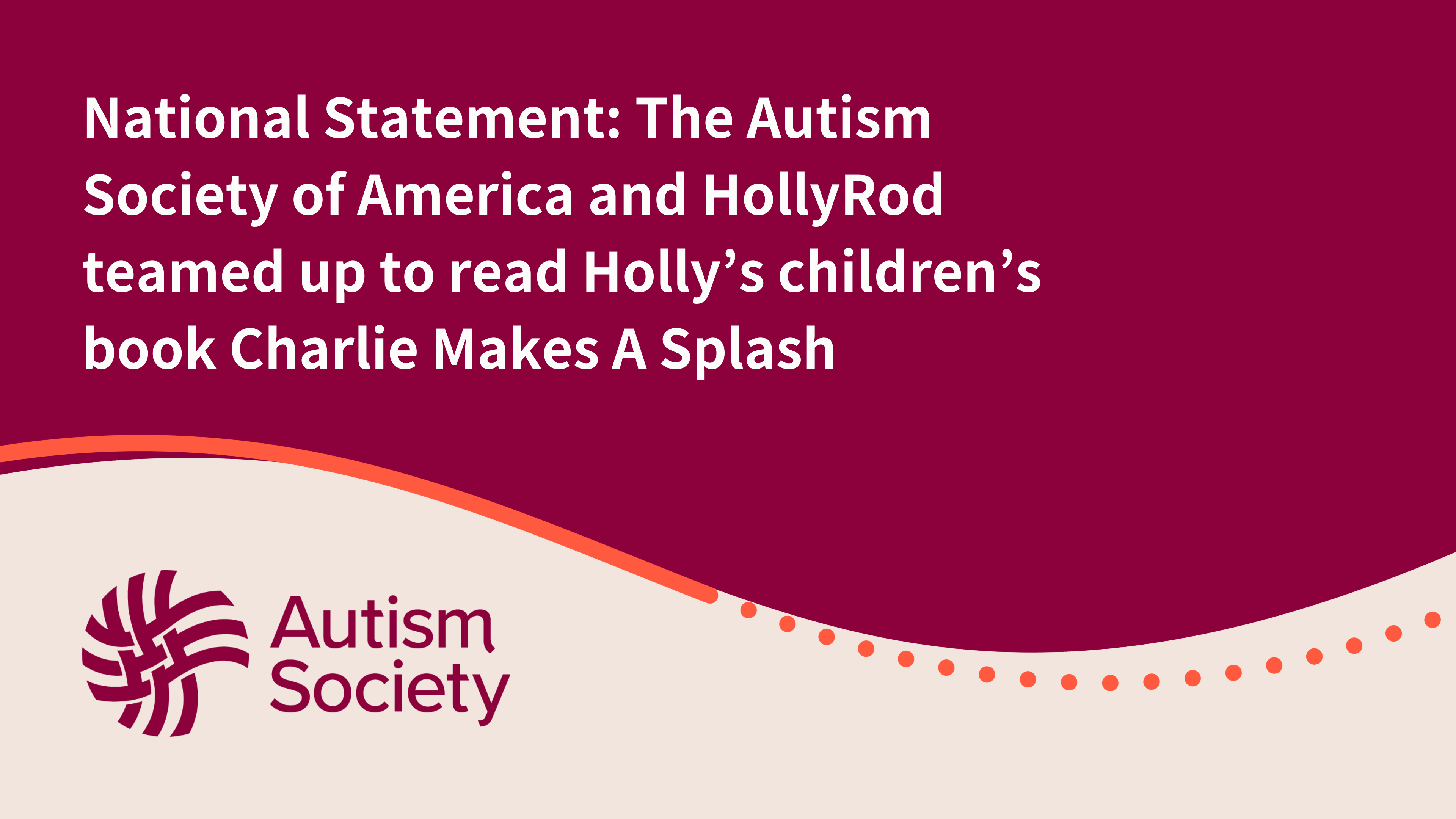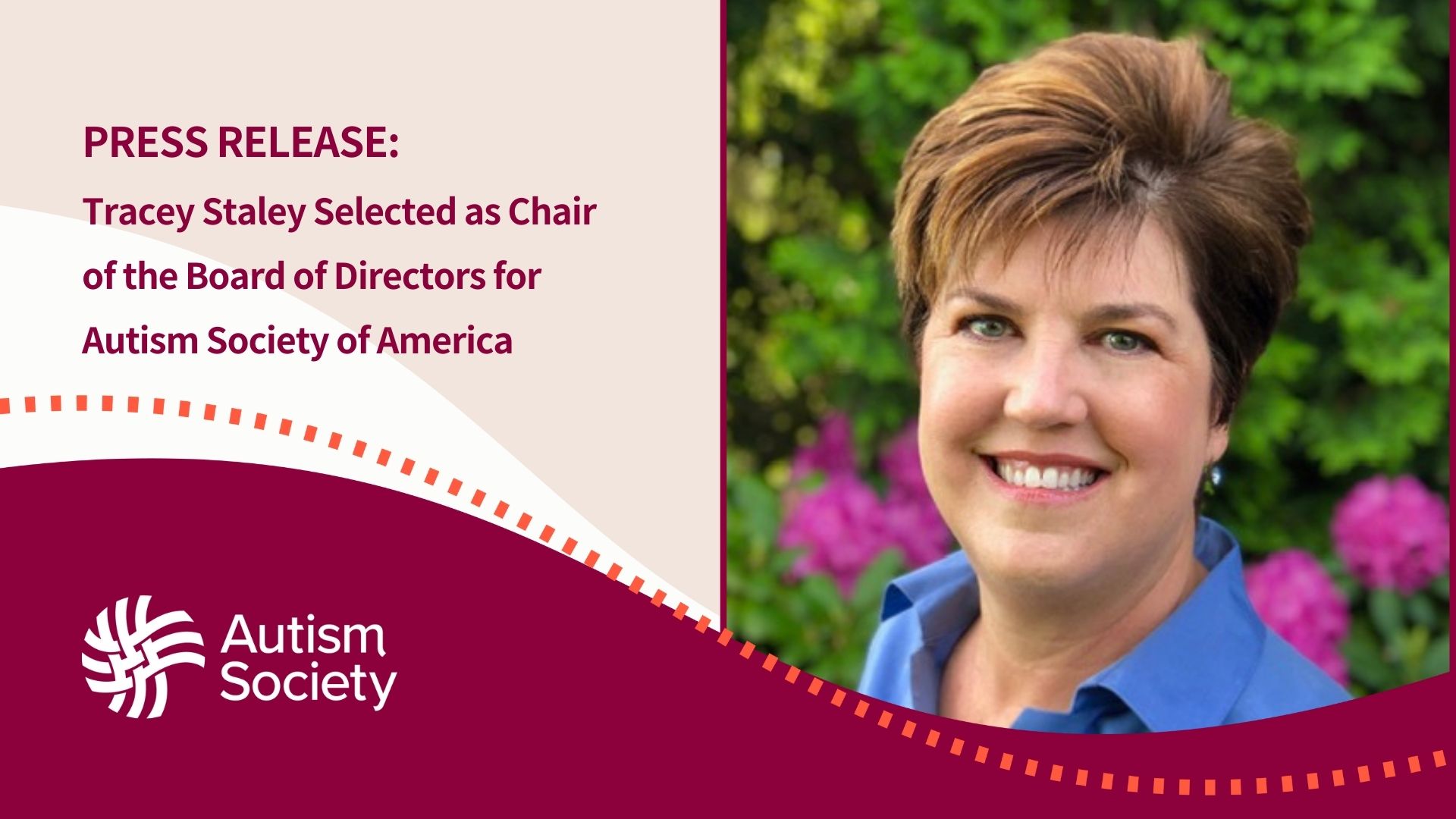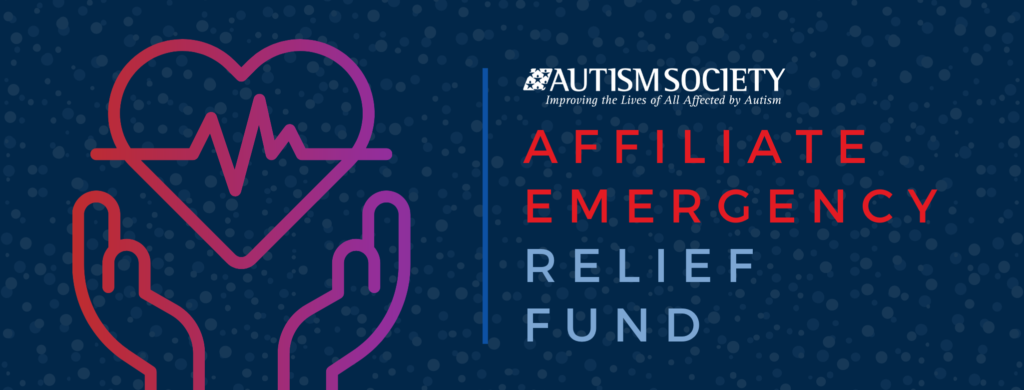
In this issue of Capitol Connection, find appropriations updates with action steps, new federal agency equity plans, update on COVID policies, and state advocacy resources. In addition, use our updated action center to track legislation and contact your Members of Congress!
Congressional Schedule and Appropriations
Congress faces a jam-packed agenda after the April recess that includes pandemic aid, restaurant relief, a semiconductor manufacturing measure, fiscal 2023 appropriations, and possibly a revised economic package (previously known as “Build Back Better”).
According to Congressional Quarterly, the House Appropriations Committee is tentatively planning to take up its fiscal 2023 spending bills in June, with potential floor votes in July.
The plan is for House subcommittees to mark up their 12 annual bills from June 13 to June 22, and the full committee would hold markups from June 22 through June 30. The top congressional leaders and appropriations committee chairs are expected to meet shortly after the recess to begin discussions aimed at setting an overall discretionary spending level for the fiscal year that begins Oct. 1. No plans have been announced yet for the Senate. The April 7 issue of Capitol Connection provides a detailed summary of how the Budget impacts programs important to individuals with Autism and their families.
Discussions on a revised economic package continue behind the scenes. According to Hill sources, funding for Medicaid Home and Community-Based Services (HCBS) continue to be part of the discussions. Autism Society affiliates and other allies are encouraged to continue to urge Members of Congress to support funding to reduce waiting lists for residential, employment, and family supports in any package passed by Congress by calling 202-224-3121 (and ask to be connected to your Members of Congress).
Federal Equity Plans
On April 14, the Biden Administration published government-wide Federal agency Equity Action Plans. These plans respond to Executive Order 13985, Advancing Racial Equity and Support for Underserved Communities through the Federal government. The term “equity” means the consistent and systematic fair, just, and impartial treatment of all individuals, including individuals who belong to underserved communities which include people with disabilities. The Equity Action Plans include more than 300 strategies and commitments to address the systemic barriers preventing underserved communities from experiencing prosperity, dignity, and equality. The Department of Education’s Plan includes students with disabilities in all aspects of its equity planning, such as increasing the number of qualified teachers for special education, focusing on high school competition rates, increasing higher education opportunities, and ensuring the Office on Civil Rights has enough resources to respond to complaints. The Department of Labor’s Plan says it will work with community-based organizations that work directly with marginalized underserved populations, including those representing people with disabilities. The overall plan is being led by Susan Rice, the Senior Policy Advisory of the Domestic Policy Council. All of the agency Equity Plans can be viewed on the White House website.
Education and Mental Health
CCD’s Education Task Force, co-chaired by Autism Society’s VP of Public Policy, sent a letter to Chairwoman Murray and Ranking Member Burr of the Senate HELP Committee in response to a request for recommendations on mental health policy and funding for students with disabilities. The letter urges Congress to expand federal research, authorize key demonstration programs, and increase funding for existing federal programs with the capacity to increase professional staff and improve the availability of school-based mental health as well as social and emotional support for students with disabilities. See more details about the recommendations in the letter posted on the CCD website.
Department of Education Guidance Letter
In late March, the Department of Education and Secretary Cardona wrote a letter addressed to parents and educators regarding the priority of ensuring students with disabilities continue to be protected as states lift COVID-19 mandates such as mask-wearing and testing. The Secretary stated that “school districts must make reasonable modifications when necessary to ensure equal access for their students with disabilities” and that these modifications must be documented in the students’ individualized education plan. It is crucial that modifications be met as requested since as the Secretary pointed out, students with disabilities have been identified as higher risk due to students often being immunocompromised. This letter can be used to remind school districts and states of their legal obligation to meet students with disabilities’ needs to provide an appropriate education.
Autism Acceptance Month
On April 19, the Autism Society was invited, along with several other national Autism groups, to participate in a roundtable at the White House to discuss policy issues important to the community. Issues discussed included health, behavioral health, mental health, and waiting lists for long-term services and supports.
In his 2022 Presidential Proclamation for World Autism Awareness Day, President Biden reaffirmed his Administration’s commitment to equity for people on the autism spectrum across all races, ethnicities, genders, cultures, and geography in access to services, the inclusion of people with lived experience in research, opportunities for competitive integrated employment, and the ability to pursue their life interests free of discrimination.
United Nations (UN) Secretary-General António Guterres also made a statement on World Autism Awareness Day affirming the UN’s support of the rights of people on the autism spectrum to fully participate in society. The rights of people with disabilities are supported in the UN’s Convention on the Rights of Persons with Disabilities and the 2030 Agenda for Sustainable Development.
State Advocacy
Lifespan Respite Funding
The U.S. Department of Health and Human Services Administration for Community Living (ACL) recently released two new Federal Lifespan Respite Care Program Funding Opportunity Announcements. The first is “Lifespan Respite Care Program: State Program Enhancement Grants” and the second is “New States and States Re-Establishing Their Core Respite Infrastructures”. The ACL requests that state advocates encourage their states to apply for these grants. Questions regarding the FOAs must be directed to Lori Stalbaum at ACL.
Direct Support Workforce Resource
PHI, a direct care workforce provider and research organization, released a new resource for state policy leaders seeking to improve jobs for our country’s direct care workers. The guide, State Policy Strategies for Strengthening the Direct Care Workforce, complies 24 strategies that states have used to strengthen this essential workforce, improving access to long-term services and support for everyone. They hope states will use these strategies to reform the direct care workforce to help the workforce crisis now and in the future.
COVID Policies
To help meet the needs of the nation during the ongoing COVID-19 pandemic, U.S. Health and Human Services Secretary Xavier Becerra renewed the COVID-19 public health emergency (PHE) declaration, effective April 16. The first PHE declaration was signed in January 2020 as the global pandemic response began. Renewing the PHE declaration ensures health care providers and state health departments have continued flexibility to respond to the pandemic. These flexibilities support efforts such as rapid patient care during emergencies, including waivers from the Centers for Medicare and Medicaid Services for certain requirements under section 1135 of the Social Security Act. Examples of such requirements include preapproval requirements and temporary reassignment of state, territorial, tribal, or local staff who typically are funded by federal grants in order to respond to the emergency. In the event the PHE is allowed to expire, they issued a new Factsheet to help people prepare for changes in Medicaid enrollment and eligibility.
Long-COVID
On April 5, 2022, President Biden signed a Presidential Memorandum which directs a whole-of-government approach to Long COVID. Long COVID is a long-term illness after the acute symptoms of COVID-19 have ended. Symptoms of Long COVID may resemble chronic health conditions. The U.S. Department of Health and Human Services (HHS) will coordinate multiple federal agencies as they work on issues related to Long COVID, including the development of a national research plan and other long-term COVID-19 effects.
Suicide Prevention
The American Association of Suicidology (AAS) announced the release of resources on its website for Autistic people in crisis. In conjunction with the AAS Autism and Suicide Committee, the new page on AAS’s website will contain resources, research, and information on how to communicate and support autistic people in crisis. This is the first time a major, national suicide prevention organization has offered resources for autistic people and those who interact with them as a core part of its services.
Autistic individuals are significantly more likely to think about, attempt, and die by suicide than the general population. The Autism Society created the Suicide Prevention Task Force with the goal to better serve the Autism community experiencing mental health crises. Recently, the Autism Society and Florida Atlantic University issued a survey to collect information from Autistic adults who chose to share their own personal experiences with crisis hotlines.
As May approaches, the Autism Society will be issuing more resources in recognition of Mental Health Awareness Month.
Share:





